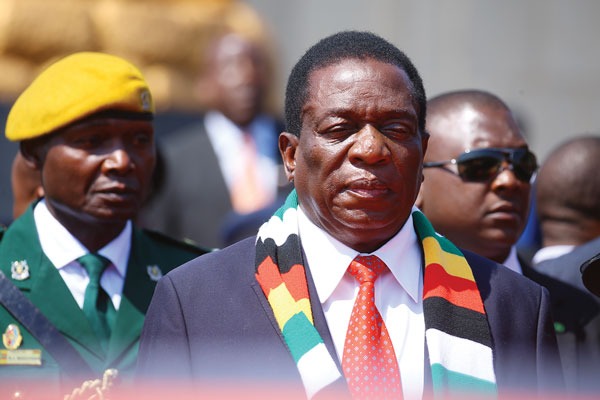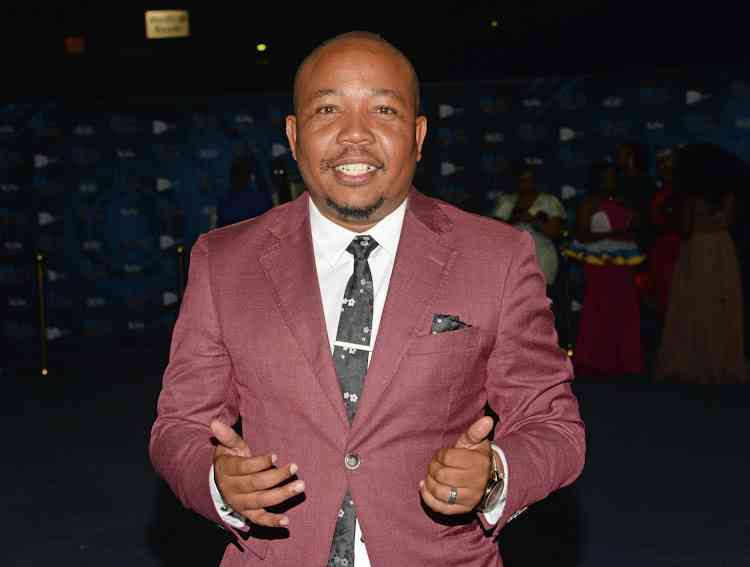
FOREIGN trips to seek specialised medical attention by Zimbabweans are bleeding the country of the much-needed foreign currency, President Emmerson Mnangagwa has said.
BY RICHARD CHIDZA
Writing in his weekly column in the State-controlled Sunday Mail newspaper, Mnangagwa, who along with leading figures in his government, have all sought medical treatment outside the country, said the country needed to develop its capacity going forward.
“Many Zimbabweans are turning to foreign countries for specialised healthcare. This is very expensive for our nation,” Mnangagwa said.
Former President Robert Mugabe endured frequent trips to the Far East that gobbled millions from Treasury, while then as Vice-President, Mnangagwa was airlifted to South Africa in August last year after a poisoning scare at a rally in Gwanda.
In June this year, Vice-President Kembo Mohadi and Defence minister Oppah Muchinguri had to be treated in South Africa for injuries sustained in a grenade explosion in Bulawayo, in what authorities claimed was an assassination attempt on Mnangagwa.
Vice-President Constantino Chiwenga was also in South Africa recently for medical treatment along with his wife, Marry, while stricken Foreign Affairs minister Sibusiso Moyo continues to be monitored by doctors from the neighbouring country.
Zimbabwe’s health sector has all, but collapsed under the weight of an economic ruin, lack of funding and neglect under Mugabe’s rule. Mnangagwa said the country’s healthcare lacked the competitiveness “relative to similar services in other countries, developing or developed. But the story goes further than affordability”.
- Chamisa under fire over US$120K donation
- Mavhunga puts DeMbare into Chibuku quarterfinals
- Pension funds bet on Cabora Bassa oilfields
- Councils defy govt fire tender directive
Keep Reading
He added that the country was spending double in other countries what it required to resuscitate the local infrastructure.
“It is also about sparse skills in the country, and about poorly-equipped health facilities. Yet what we end up spending on foreign care more than doubles what we need to build these specialist skills, and to equip and stock our specialised hospitals for more advanced interventions,” the President said.
Mnangagwa said it was a shame that the country was still struggling to deal with Stone Age diseases such as cholera in the 21st Century.
“Never again should we be found wanting in building and maintaining infrastructures necessary for delivering safe services to our communities. They deserve better and should always get the best from us.
“The shame of so literate a society succumbing to such a medieval disease should never be suffered again,” he said in reference to a recent cholera outbreak which claimed over 50 lives countrywide.
Ironically, Mnangagwa claimed a government decision to make access to basic health services universal could be behind the current crippling drug shortages. “Yet this laudable decision to offer free health services has had a telling impact on national drug supplies. There is an upsurge in demand for basic health services, all against our limited resources. Our economy, though on a definite rebound, is not yet out of the woods.
“The pressure on health services grows stronger as one scales up the ladder of healthcare, beyond the primary level,” Mnangagwa said. He added that government was now working on a comprehensive plan to resuscitate comatose drug manufacturing companies and create capacity to supply as well as satisfy local and regional markets.







